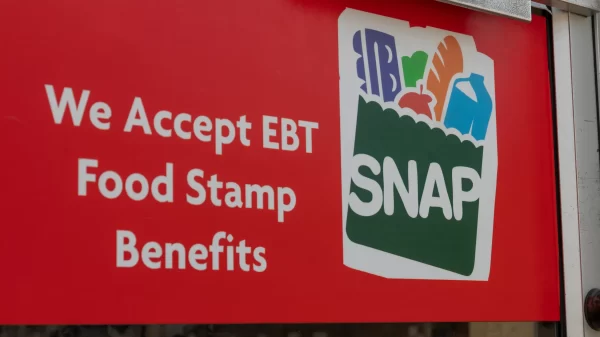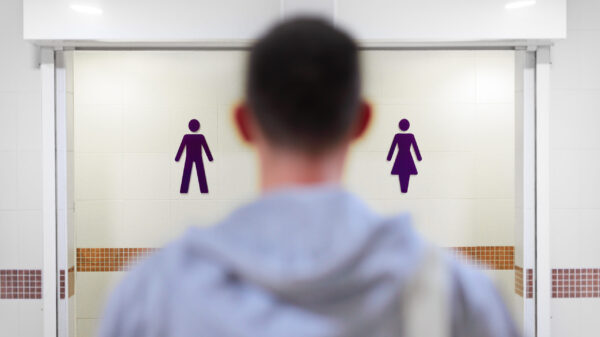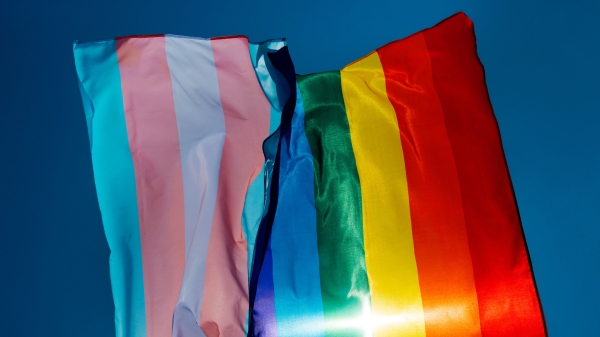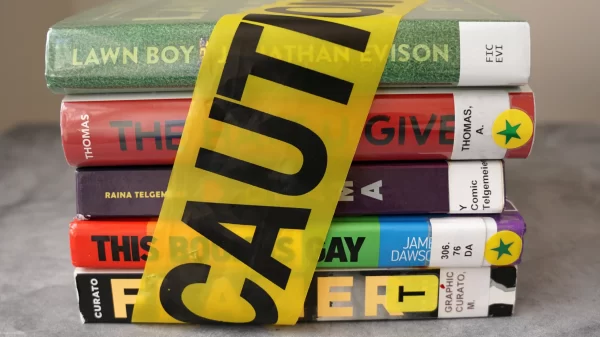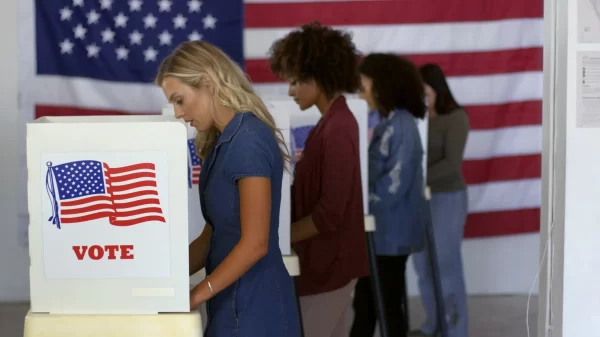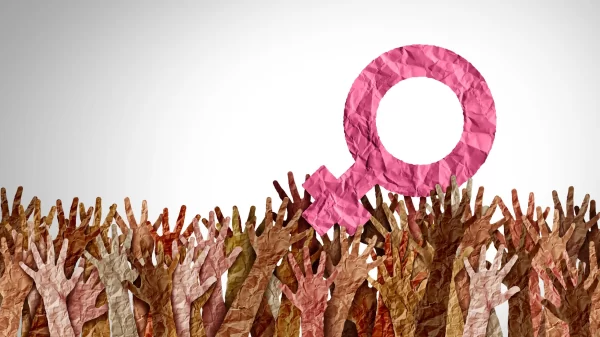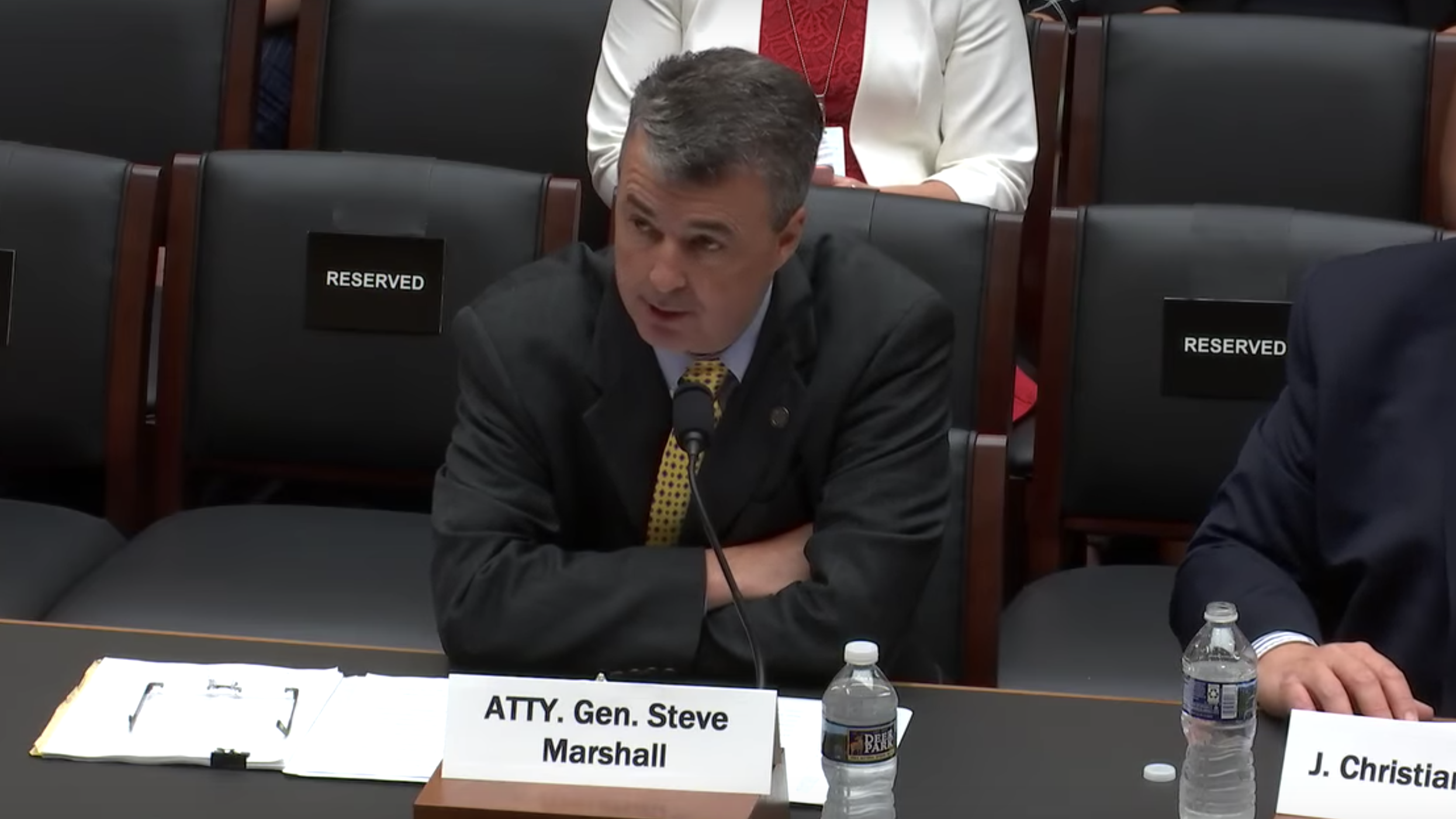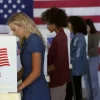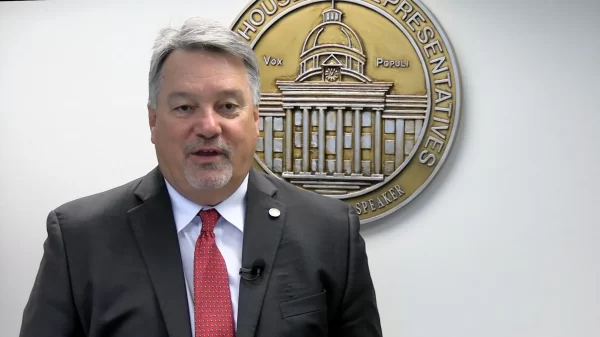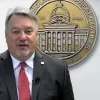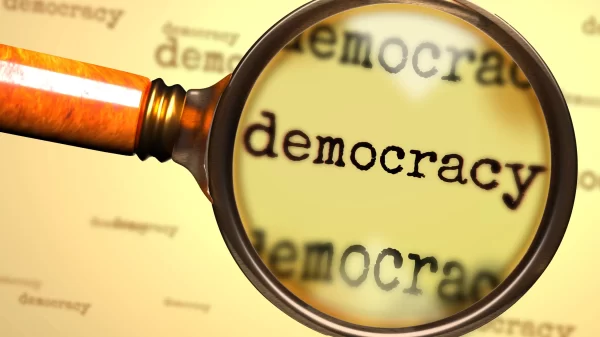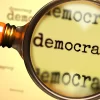Alabama Attorney General Steve Marshall said Wednesday that he was “pleased” that the U.S. Supreme Court acted so quickly to grant the state’s emergency stay request to block curbside voting in the Nov. 3 general election.
The high court stayed a lower court ruling that allowed local election officials to implement curbside voting due to fears of the coronavirus.
The Supreme Court granted Alabama’s emergency request for stay brought by the defendants in the People First of Alabama v. John Merrill litigation, thereby preventing Alabama counties from setting up curbside voting for the general election.
Marshall said that the decision is the second in three months to protect the security of Alabama’s elections.
“We are pleased that the Supreme Court has again acted quickly to grant the State’s emergency stay request to clarify that Alabama’s laws will govern Alabama’s upcoming election,” Marshall said. “While our election laws are easily complied with, even during this pandemic, they ensure that Alabama voters can have confidence that they are voting in a fair election. The Supreme Court’s decision is a victory for Alabama’s election integrity and thus for Alabama voters.”
Alabama offers two methods of voting — in-person and absentee.
For this election, the state has made absentee voting available to all Alabama voters. But the Alabama Legislature has never authorized curbside voting. Thus, the secretary of state has taken the position that such voting is unlawful because it is not explicitly allowed.
Earlier this year, a federal district court entered a preliminary injunction that prohibited the secretary of state from halting curbside voting that otherwise complied with state law.
The state asked the Supreme Court to stay the injunction, and on July 2, the Supreme Court granted that request.
Then, following a trial this September, the district court again entered a nearly identical injunction. On Oct. 15, the state again sought relief from the Supreme Court, which the Supreme Court again granted.
“As we argued in our stay request to the Supreme Court, Alabama has taken extraordinary measures to ensure that all voters can vote safely, while also ensuring that this election is conducted fairly, efficiently, and free from fraud,” Marshall said. “But Alabama law does not and has never provided for curbside voting. The district court’s decision to create it for the State was contrary to state and federal law.”
“Just as important, when States decide to authorize curbside voting, they typically do so through legislation and with months or years of careful planning,” Marshall said. “They don’t throw it together in a matter of weeks in the middle of a pandemic. That is a recipe for chaos that could end up making it harder, not easier, for people to vote. In addition to the specter of voters’ cars backed up further than a Chick-fil-A drive-thru, there was the risk that would come from voters handing over open ballots to poll workers without being able to see whether a poll worker would actually deposit the ballot after taking it inside the polling place. Fortunately, with the Supreme Court’s action tonight, those risks have been averted.”
You can view the full order here. Nov. 3 is election day.












